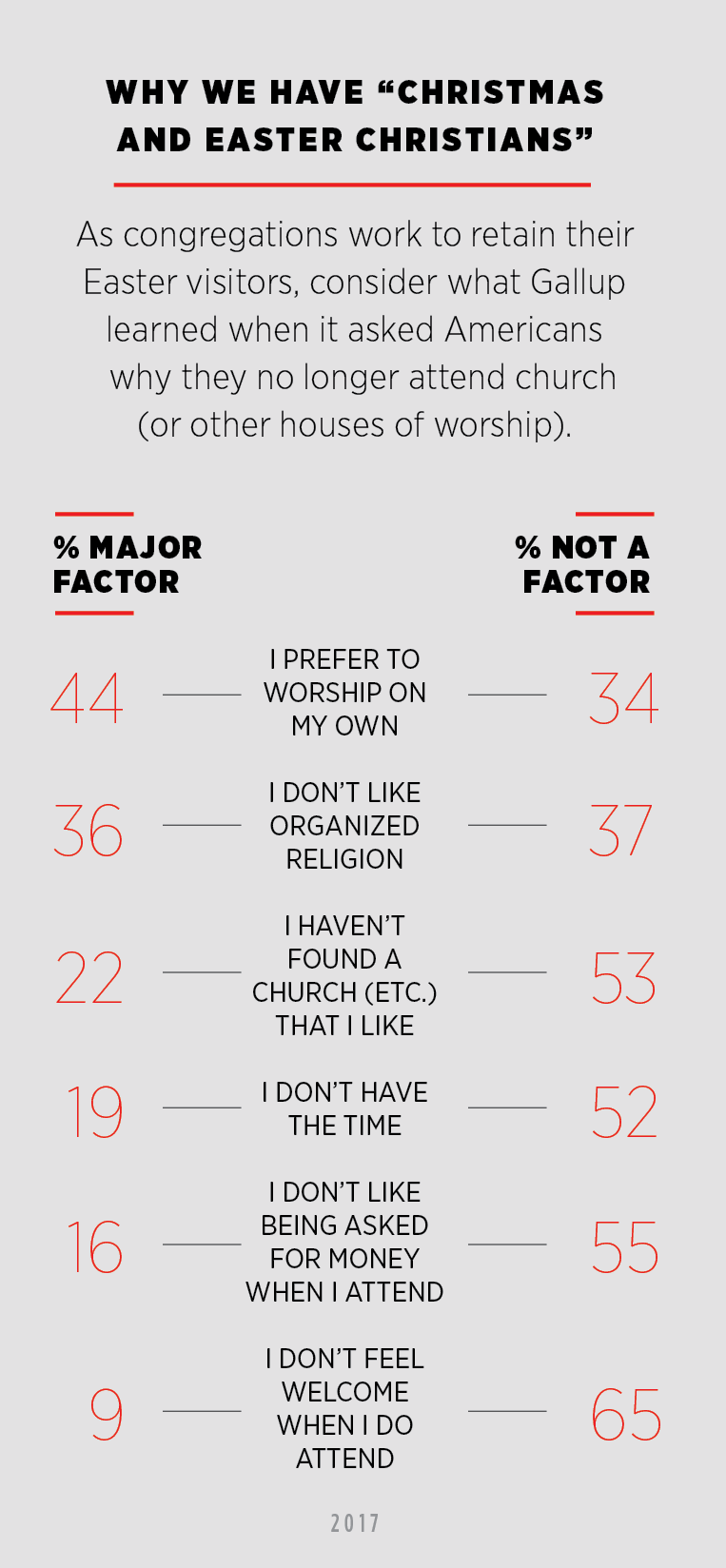Supreme Court hears pregnancy centers’ plight
The US Supreme Court will decide in June whether pregnancy resource centers in California must post notices advertising state-funded contraception and abortion, or whether the state requirements violate their free speech. During the oral arguments for National Institute of Family and Life Advocates v. Becerra in March, justices appeared critical of how the state law may unfairly target pro-life centers. They will also issue in June another First Amendment ruling in Masterpiece Cakeshop Ltd. v. Colorado Civil Rights Commission, the case of the Christian baker who refused to provide a cake for a same-sex wedding.
Turkey: US pastor faces life sentence on terrorism charges
A year and a half after detaining American pastor Andrew Brunson on what US officials believe to be erroneous terrorism charges, Turkey finally issued an official indictment and began court proceedings this spring. Brunson, an Evangelical Presbyterian who spent 23 years in ministry in the majority-Muslim nation, faces a sentence of life in prison. He is among hundreds accused of conspiring with exiled cleric Fethullah Gülen to overtake the Turkish government in a 2016 coup. The US Commission on International Religious Freedom has called on the White House to secure Brunson’s release.
Austria: Iranian Christian refugees stranded by US
A group of about 100 refugees from Iran spent over a year in Vienna, Austria, awaiting resettlement in the United States, only to learn their applications had been denied under stricter requirements set forth by the State Department. Most of those stranded came from heavily persecuted communities of Armenian and Assyrian Christians; they hoped to reunite with family members in the US but instead were forced to seek asylum in Europe or return to Iran.
Israel: Jerusalem backs down on church taxes
Israel deferred a plan to collect millions in back taxes from Jerusalem churches following protests from Christian leaders, including closing for days the Church of the Holy Sepulchre. Weeks before Easter, Orthodox and Catholic leaders said the US$186 million in charges on church-owned properties seemed like an “attempt to weaken the Christian presence in Jerusalem.” Prime Minister Benjamin Netanyahu and Jerusalem Mayor Nir Barkat suspended the plan in response and agreed to negotiate for a better solution.
InterVarsity allowed back on campus
The same week that InterVarsity Christian Fellowship sued Wayne State University for rescinding its recognition as a campus group, the Michigan school welcomed the ministry back. Wayne State’s about-face in March followed a dispute over InterVarsity’s requirement that student leaders affirm its Christian beliefs, which the school deemed a violation of its nondiscrimination policy. Earlier, Christian groups at Harvard and the University of Iowa fought penalties for not allowing leaders in same-sex relationships.
Pakistan: Christians must reveal religion on IDs
Religious minorities in Pakistan, such as Ahmadis and Christians, fear that a new ruling requiring citizens to disclose their religion on official documents, government job applications, or voter registrations will make them more vulnerable to discrimination. The majority-Muslim nation already requires that religion be listed on passports, which has helped persecuted minorities secure asylum. The Islamabad judge also said applicants for certain positions would need to affirm that Muhammad was the final prophet and accused those who hide their true identity—such as Ahmadis, members of an Islamic religious movement that Pakistan’s constitution declares to be “non-Muslim”—of betraying the state.
Puerto Rico: Churches shrink after hurricane exodus
Since Hurricane Maria devastated the Caribbean last September, an estimated 400,000 Puerto Ricans have left for the mainland United States, mostly settling in Florida. While Spanish-speaking congregations like Orlando’s Calvario City Church have been eager to welcome families, churches back on the island territory are struggling to rebuild without the community involvement and resources they had before the record-setting storm. Pastor Gadiel Ríos said most churches have lost at least five to six families to “the great migration,” which has disrupted the tight-knit family structure most Puerto Ricans are used to.












